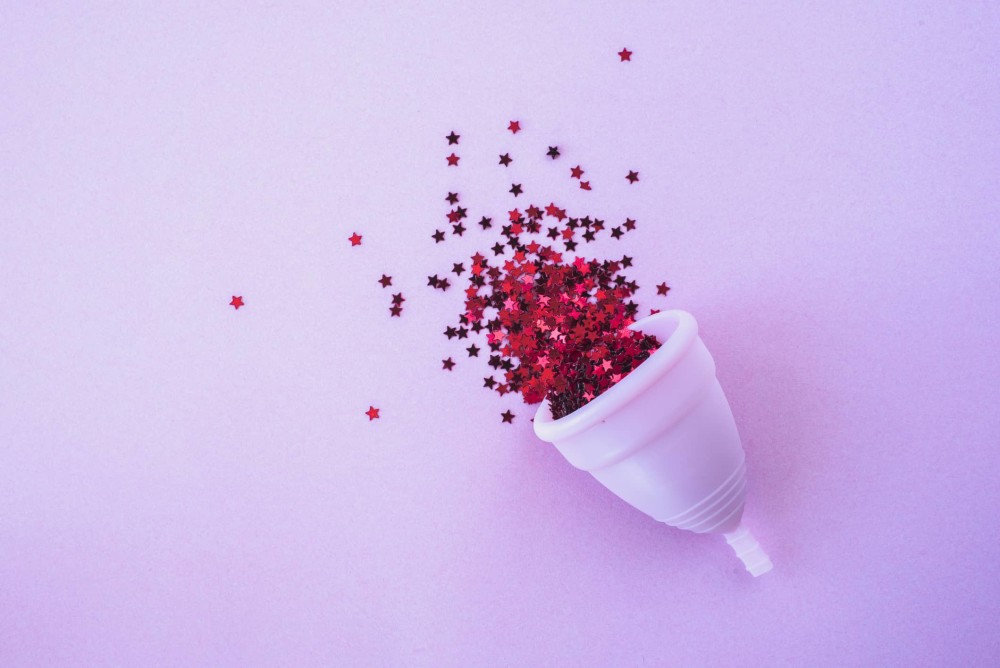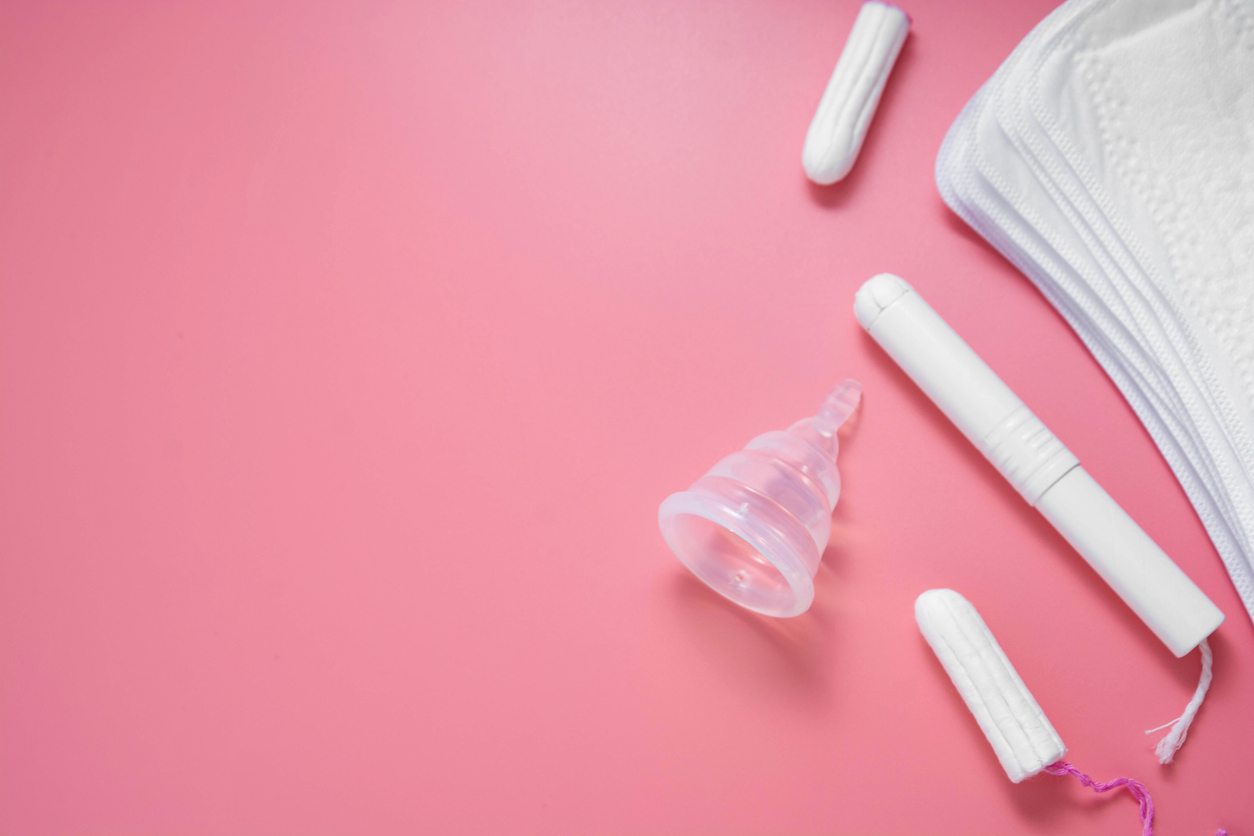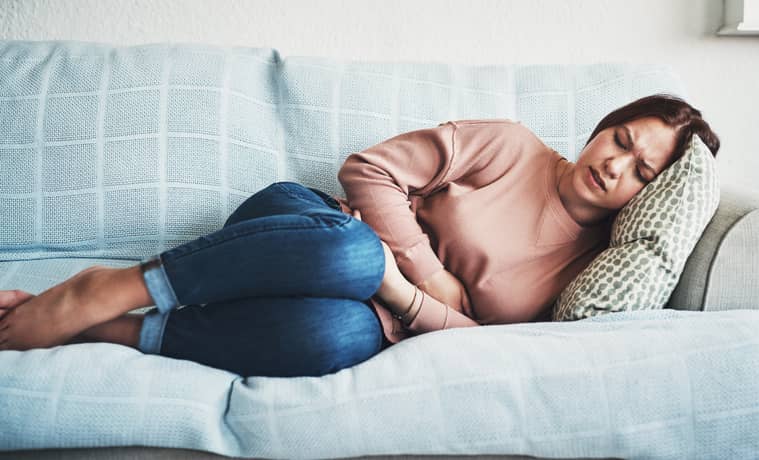What is ovulation pain?
Ovulation pain happens when women feel pain in their lower tummy (abdomen) during ovulation (when an egg is released from an ovary during your menstrual cycle).
This ovulation pain is also known as ‘mittelschmerz’ (the German word for ‘middle pain’ or ‘pain in the middle of the month’). This pain is usually normal and nothing to worry about, with around 4 in 10 women experiencing it.
What does ovulation pain feel like?
Ovulation pain is usually felt on either the left- or right-hand side of your tummy depending on which ovary is releasing the egg. The sensation varies widely between people, ranging from feeling a mild twinge to experiencing very severe pain. It can last a few minutes to 1 or 2 days. For most people it’s present for between 3 to 12 hours.
It usually happens about 2 weeks before your period is due, and can either switch from one side of your tummy to the other from one period cycle to the next, or remain on the same side for a few cycles.
What causes mittelschmerz?
The exact cause of ovulation pain isn’t clear, but it’s likely to be caused by one or both of these causes:
- pain due to the growth of a follicle (a fluid-filled sac in which an egg develops) – your hormones prompt your ovaries to produce follicles, with each follicle containing an immature egg (ovum). However, only 1 follicle usually survives to maturity, and it’s thought that mittelschmerz can be caused by the expanding follicle stretching the external covering (membrane) of the ovary
- pain due to a follicle bursting – when your egg is mature, it bursts from the follicle and, along with slight bleeding, this may irritate your tummy lining (peritoneum) and trigger pain
How to treat ovulation pain
Most people find they don’t need specific treatment for mittelschmerz as it goes away fairly quickly. However, if it doesn’t go away and you need treatment, try:
- taking simple painkillers such as paracetamol or simple non-steroidal anti-inflammatory drugs (NSAIDS) such as ibuprofen – but first speak to a doctor or pharmacist about how to safely get and use these medicines. And if you’re trying to get pregnant, don’t take them as they can interfere with ovulation
- applying warmth to your lower tummy – use a heat pack or hot water bottle wrapped in a towel, or have a soak in a hot bath to relieve the pain
- taking the contraceptive pill – this can help prevent ovulation pain because it stops ovulation. If this is something you’d like to consider, discuss it with a doctor
When to speak to a doctor about ovulation pain
Call an ambulance or go to an emergency department immediately if you have severe lower tummy pain and:
- it’s getting worse or not getting better
- heavy vaginal bleeding
- you can’t pee
- a very high temperature (fever)
- you’re pregnant
- you can feel an unusual lump or mass in your tummy
- it hurts when you press the lower right side of your tummy
See a doctor if your ovulation pain lasts longer than 3 days, it’s associated with other unusual menstrual symptoms, such as heavy bleeding, or it keeps happening more than once in your period cycle.
Should I worry about mittelschmerz?
Ovulation pain itself is nothing to worry about, but speak to a doctor if your pain doesn’t go away or you have any concerns about it.
Other conditions that can cause similar pain in your lower tummy to mittelschmerz include:
- endometriosis
- sexually transmitted infections (STIs), such as chlamydia and gonorrhoea
- ovarian cysts
- an ectopic pregnancy, where a pregnancy develops outside the womb
- appendicitis
- inflammatory bowel disease (IBD) such as colitis or Crohn’s disease
If you want to check up on any symptoms, try the Healthily Smart Symptom Checker.
Your health questions answered
“No. Your chances of getting pregnant are increased if you have sex in the days before, during and after ovulation, and some women rely on ovulation pain to help them plan a pregnancy. However, using ovulation pain as a form of contraception is unreliable and should be avoided.” – Answered by Dr Roger Henderson
Key takeaways
- ovulation pain (mittelschmerz) affects many women and is a normal occurrence
- the exact cause is unclear, but it’s thought to be caused by follicle growth or a follicle bursting
- ovulation pain is usually relatively mild and lasts only a short time
- simple treatments, like using a hot water bottle to relieve your pain, are usually enough to treat it if needed
- if you have severe pain or are concerned about your symptoms, discuss them with a doctor







